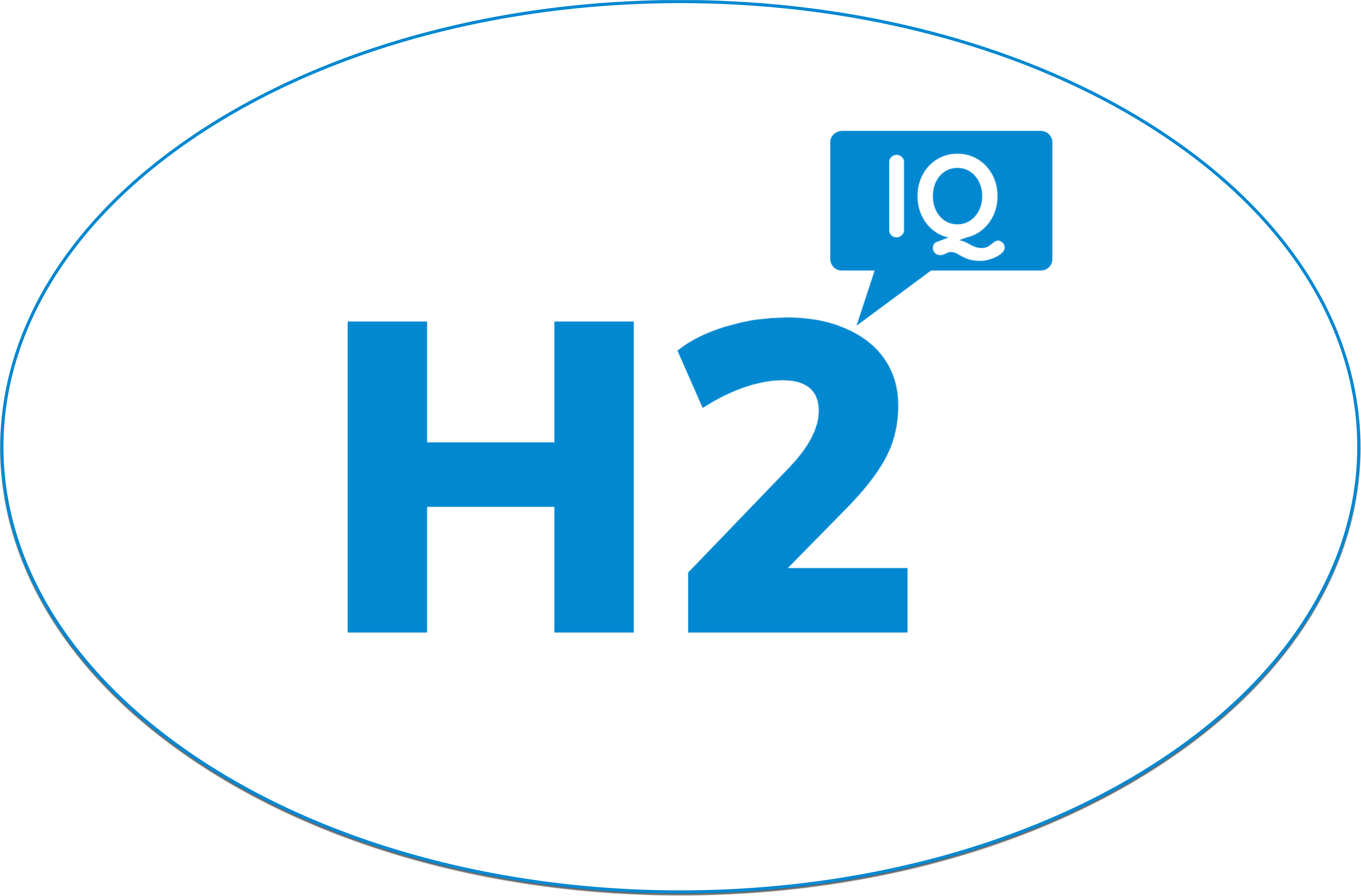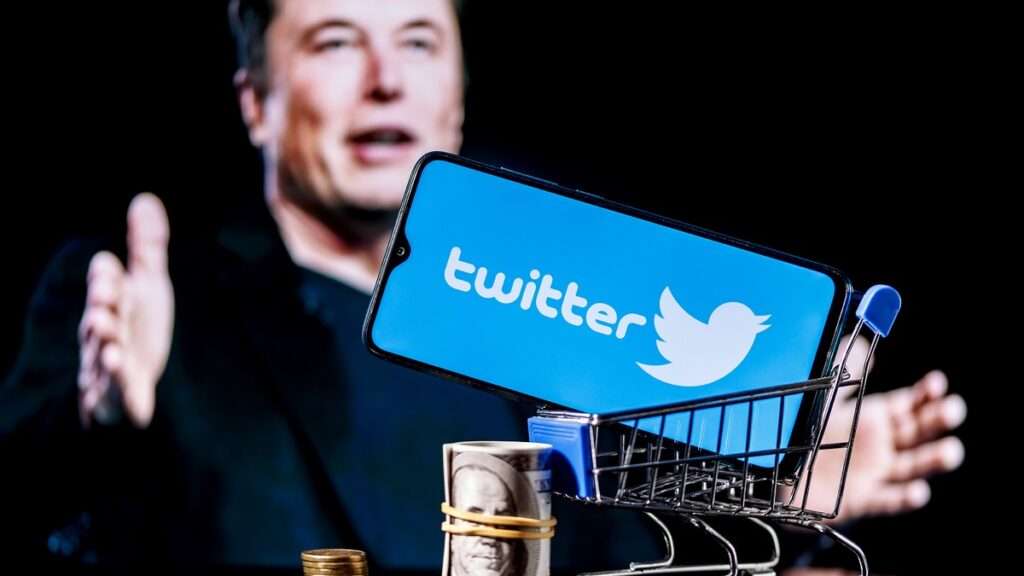Car companies like Toyota, Hyundai, and Honda have embraced this trend towards hydrogen, working to develop functional hydrogen fuel cell vehicles. However, not all car companies are on board with the hydrogen shift. For example, Elon Musk, CEO of Tesla Motors, has been less than enthusiastic about swapping the company’s electric vehicles for hydrogen-powered ones. Learn more about his views on hydrogen below.
Elon Musk’s first comments on hydrogen
Musk’s views on hydrogen came to light in 2015 at the annual Automotive New World Congress. During discussions with reporters, the topic of hydrogen came up, and Musk responded by describing hydrogen fuel cells as “extremely silly.”
Musk went on to say, “It’s just very difficult to make hydrogen and store it and use it in a car.” He argued that hydrogen fuel would not be practical for vehicles because hydrogen is an energy storage unit, and energy must be drawn from other sources.
Musk went on to criticize hydrogen production methods like electrolysis (a water-splitting process to isolate hydrogen), calling it an “extremely inefficient” process, noting inefficiencies and potential safety concerns (e.g., storage difficulties).
“If you’re going to pick an energy source mechanism, hydrogen is an incredibly dumb one to pick,” said Musk. “The best-case hydrogen fuel cell doesn’t win against the current case batteries, so then, obviously, it doesn’t make sense. That will become apparent in the next few years. There’s no reason for us to have this debate, I’ve said my piece on this, it will be super obvious as time goes by, I don’t know what more to say,” he added.
Musk on H2 in social media
Since the first discussion, Musk has not been shy about sharing his opinions about hydrogen on Twitter.
Early tweets mainly consist of Musk throwing jabs at hydrogen. In 2019, he referenced a 2015 tweet, saying, “Almost all coverage back then said hydrogen fuel cells would destroy electric cars & autonomy was between 10 years & never …”.
In 2020, Musk became more direct with his criticisms tweeting, “fuel cells = fool sells,” in response to an article shared by Kyle Field (author at CleanTechnica) titled “This Stunning Chart Shows Why Battery Vehicles Win.” The following month, he double-down, saying, “hydrogen fool sells make no sense.” This was in response to a tweet criticizing hydrogen fuel technology from Hans Noordsij, a well-known member of the Tesla Motor Club.
Musk has even gone as far as to call hydrogen “a staggeringly dumb form of energy storage for cars. Barely worth considering it for a rocket upper stage, which is its most compelling use” in 2021.
In 2022, Musk made waves on Twitter again by dismissing statements made by Microsoft founder Bill Gates. Gates has embraced the push toward hydrogen technologies. In remarks on his blog, Gates refers to hydrogen as the “Swiss Army Knife of decarbonization.” He shares his optimism toward hydrogen’s emission-reducing potential and outlines ways to make hydrogen “clean” and “cheap.”
Gates shared this blog in a tweet with the caption, “Cheap, clean hydrogen would be a massive energy breakthrough.” Another account criticizing Gates’ involvement in promoting hydrogen shared his tweet, which included a screenshot. A Twitter user responded to the screenshot by saying, “Cheap, clean hydrogen would be a great breakthrough, we have many uses for it. Also if we could bottle the Tooth Fairy and clone Santa Claus, and replace public transport with unicorns we’d be all good.” Musk replied to this comment with a laughing face emoji.
Other Twitter remarks showing Musk’s dislike for hydrogen include:
- In 2020, “Yeah, although hydrogen is not a great choice for a booster engine.”
- Also, in 2020: “I got the fuel cell question about 8000 times.”
- In 2021: “Fuel cells should be called fool sells! Such a silly choice for cars. Not great even for a rocket upper stage IMO, but at least not absurd.”
Elon Musk 2022 April Fool’s Day prank
In April 2022, Musk shocked followers by announcing Tesla’s switch to hydrogen. In a tweet that has now been deleted, he said:
“Really excited to announce we’re switching Tesla from batteries to hydrogen in 2024! Watch this space for the amazing Model H! More range, fast refueling, drinking water on tap as you drive. I was wrong about fool cells – they are amazing! Reserve yours now with Dogecoin!”
The news initially fooled many people, with some media reporting on the switch. However, Musk’s quick deletion of the tweet and its Apr. 1 post date supported that the announcement was a joke.
This isn’t the first time Musk has tricked followers with an April Fool’s prank. He has tweeted his support of Dogecoin (a “meme coin” cryptocurrency initially started as a joke) a few times, such as tweeting about SpaceX’s plan to put Dogecoin on the moon in April 2021 and Tesla’s bankruptcy in 2018.
Conflicting opinions on hydrogen-powered cars
Elon Musk’s views on hydrogen remained unchanged in 2022. For example, in a May interview at the Financial Times Future of the Car Summit, he said, “The amount of energy required to make hydrogen and turn it into liquid form is staggering. It is the most dumb thing that I could possibly imagine for energy storage.”
He also shared his disdain over being asked about hydrogen: “I really can’t emphasize this enough — the number of times I’ve been asked about hydrogen, it might be … it’s well over 100 times, maybe 200 times,” he said.
Musk is not the only one skeptical about hydrogen-powered cars. For example, Herbert Diess, CEO of Volkswagen Group, tweeted:
“It’s time for politicians to accept science: Green hydrogen is needed for steel, chemical, aero,… and should not end up in cars. Far too expensive, inefficient, slow, and difficult to rollout and transport. After all: no #hydrogen cars in sight.”
However, other big names like Toyota and Hyundai have produced hydrogen vehicles, and smaller manufacturers like Riversimple have as well. In August 2022, BMW began production of fuel cell systems for use in the new iX5 SUVs, with hopes of mass production as early as 2025.
There are also opportunities for larger transportation vehicles. Examples include an Anglo-American hydrogen-powered haul trick, Ballard and Stadler’s contract to power the first hydrogen train in the United States, the Solaris hydrogen bus in Lublin, and the Destinus hydrogen plane, among others.
Is Elon Musk right about hydrogen?
Hydrogen has an excellent potential to produce zero carbon emissions, with minimal other emissions, and create more renewable fuel options. Hydrogen fuel cells are also incredibly versatile and offer good energy efficiency. It can also eliminate extra costs for handling and storing toxic materials. However, many of the concerns raised by Musk are valid.
Hydrogen has a high energy content by weight and low energy content by volume, making storage difficult. Compression and high temperatures would be needed to store large quantities. Hydrogen is also colorless, odorless, and highly combustible. Storage leaks can result in explosions if it comes in contact with an ignition source. Additionally, certain water-splitting practices are expensive and have low yields. However, more research and testing can make hydrogen fuel cheaper and more accessible.





